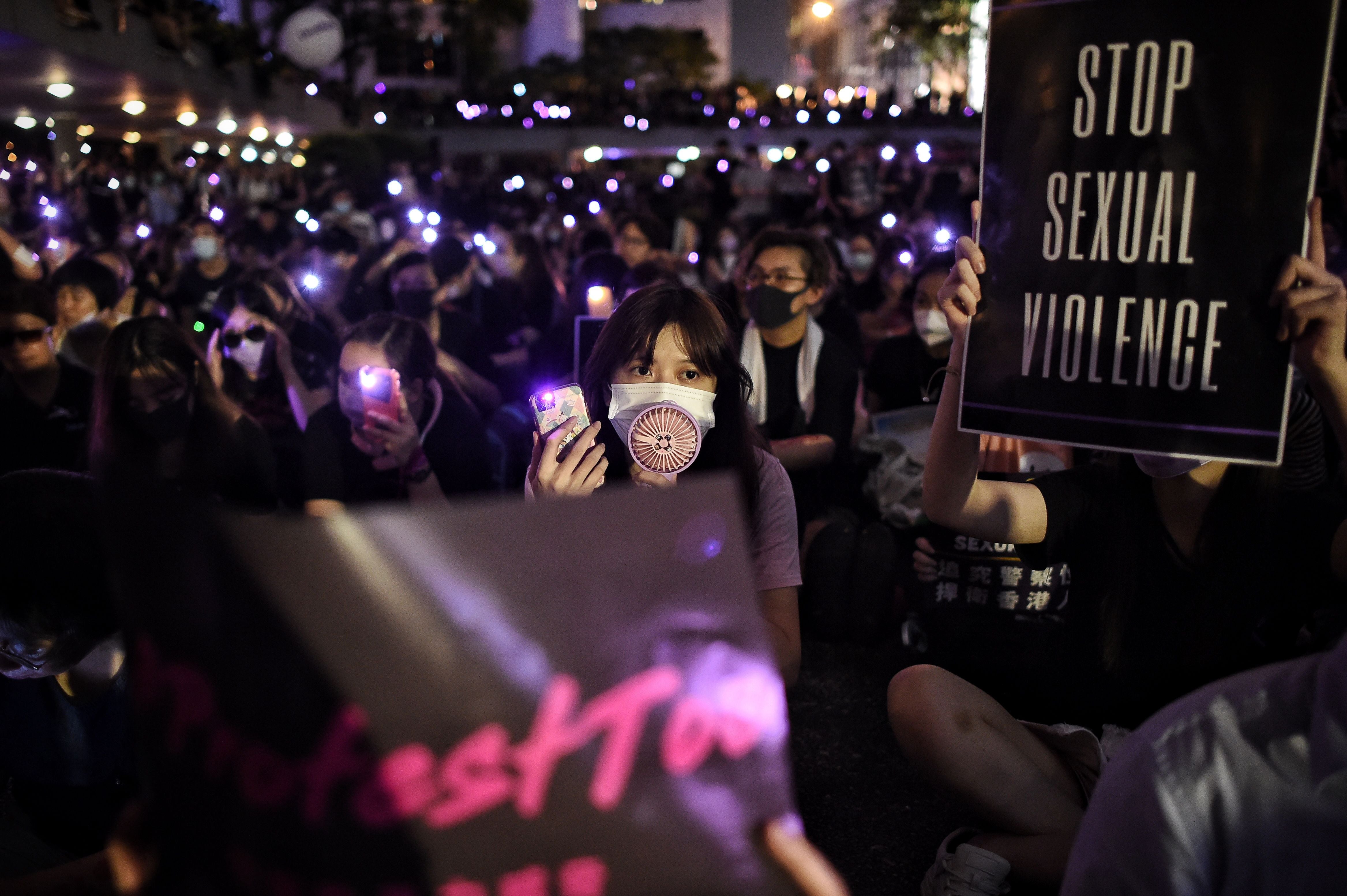Concerns mount in China over missing MeToo and labour rights activists
Women’s rights activist Huang Xueqin and labour rights campaigner Wang Jianbing have not contacted friends and family since 19 September

Your support helps us to tell the story
From reproductive rights to climate change to Big Tech, The Independent is on the ground when the story is developing. Whether it's investigating the financials of Elon Musk's pro-Trump PAC or producing our latest documentary, 'The A Word', which shines a light on the American women fighting for reproductive rights, we know how important it is to parse out the facts from the messaging.
At such a critical moment in US history, we need reporters on the ground. Your donation allows us to keep sending journalists to speak to both sides of the story.
The Independent is trusted by Americans across the entire political spectrum. And unlike many other quality news outlets, we choose not to lock Americans out of our reporting and analysis with paywalls. We believe quality journalism should be available to everyone, paid for by those who can afford it.
Your support makes all the difference.A prominent women’s rights activist and a civil society member have gone missing in the southern Chinese city of Guangzhou. It is being seen by some as yet another example of China’s clampdown on human rights.
Friends and family members of MeToo activist Huang Xueqin and labour rights campaigner Wang Jianbing fear that they have been detained by the police. Their friends said that they lost contact with the two activists on the afternoon of 19 September.
Ms Huang was reportedly planning to leave Guangzhou for the UK on 20 September to start a Master’s program at the University of Sussex under the Chevening Scholarship. Her friend Mr Wang had planned to see her off at the airport.
“According to people familiar with the matter, Wang Jianbing may have been detained under investigation for incitement to subvert state power, mainly due to the daily gatherings of friends at his home,” Chinese rights group Weiquanwang said.
The activists’ friends reiterated this. The charge of “inciting subversion of state authority” is often used against civil society members to suppress their voices.
One of Mr Wang’s friends was summoned by the police recently to inquire about these gatherings. They added that the Haizhu District Police in Guangzhou may have detained Mr Wang.
“We are concerned about the safety and whereabouts of our student. Our staff are liaising with Chevening to seek further details,” a Sussex University spokesperson told the South China Morning Post.
China Human Rights Defenders, a non-government organisation headquartered in Washington, has asked Chinese authorities to find the activists. “If they are in official custody, release them immediately and unconditionally,” the organisation said.
Speculating that the clampdown on activists may intensify ahead of the Beijing Winter Olympics in February 2022, senior researcher Ramona Li said: “Authorities have been going after any attempt to form associations, assemble peacefully, or to build communities of mutual support, apparently seeing them as threats to national security.”
Ms Huang, who is also a journalist, was arrested in Guangdong province in 2019 for writing about pro-democracy protests in China administered Hong Kong. The government accused her of “picking quarrels and provoking trouble”. The 33-year-old was released in January 2020.
She became a leading figure of the country’s MeToo movement in 2018 when she helped survivors of sexual harassment share their stories.
Mr Wang has earlier served as the director of Western Sunlight Foundation's rural education programme, where he extended his service to underdeveloped regions. He was involved in providing support for the welfare of the youth, disabled people and workers with health conditions caused by their work environment.
Join our commenting forum
Join thought-provoking conversations, follow other Independent readers and see their replies
Comments